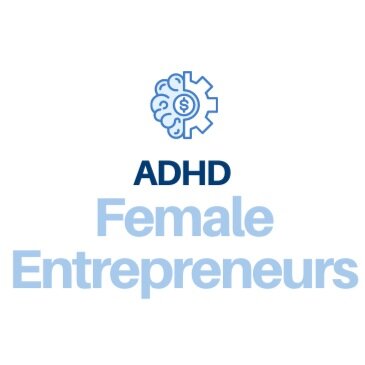ADHD DIAGNOSIS IN WOMEN: 6 STAGES
Want to learn more about diagnosis of ADHD in women and the stages which can lead you to finding out you have ADHD?
Well, this is the post for you.
This post will be talking about:
1. The stages which women can discover that they have ADHD.
2. Signs and symptoms associated at each stage.
3. What can cause ADHD in that stage of a woman’s life.
Let’s get into it.
STAGE 1 ADHD DIAGNOSIS: CHILDHOOD
A large number of women get diagnosed with ADHD when they’re children but not as compared to the males. Those that present Hyperactive ADHD are easier to catch than those with inattentive ADHD to an untrained eye.
That’s why there’s little information about women/ girls with ADHD because most of their ADHD shows up as inattentive ADHD.
The main cause of ADHD at this stage is mainly associated with genetics. If you have one parent who has ADHD, then it is more likely that as a child, you might get ADHD.
The main signs and symptoms of ADHD at this stage is poor performance in class, low grades coupled with inattentiveness/ being extremely hyper.
STAGE 2 ADHD DIAGNOSIS: COLLEGE
The transition from high school to college could really bring out the ADHD especially because the change is usually coupled with a lot of stress and overwhelm.
And a lot of the times, the ADHD will present itself as failing to keep up and stay on top of assignments, tests, social life or even having a roommate.
If a woman gets diagnosed with ADHD at this point in their life, it’s usually associated with the stress that comes with change of environment.
But most of the time, ADHD could have been in the person from when they were children but because of neglect, it wasn’t diagnosed earlier in their life. So when they go to college, their ADHD becomes more apparent than before.
STAGE 3 ADHD DIAGNOSIS: MOTHERHOOD
If you know me, you know that my ADHD diagnosis came after I gave birth to my beautiful baby and getting postpartum depression.
But if you’re a mom, you know the most difficult stage of a woman is motherhood. It comes with a whole set of challenges and responsibilities and those with ADHD find it difficult to juggle all their newfound responsibilities.
And at this stage, the stress that comes with motherhood like sleep deprivation, hormones, change of life and routine is usually a major cause of ADHD.
Some of the signs and symptoms that are usually linked to ADHD at this point are: heightened anxiety, depression, forgetfulness, and postpartum mental health struggles.
STAGE 4 ADHD DIAGNOSIS: YOUR CHILD’S DIAGNOSIS
As I said before, ADHD is genetically inherited and is usually the cause of ADHD in children. So most moms usually end up finding out that they have ADHD after their own children are diagnosed with ADHD.
As they do their research on their childs new diagnosis they start to relate to all the symptoms and how it’s described. Some studies have even shown that ADHD is as genetic as eye color or hair color can be.
STAGE 5 ADHD DIAGNOSIS: HARD LIFE EVENT
Stressful situations can exasperate ADHD making it more obvious that there is an underlying issue in a woman’s life.
Most of the events that cause a sudden change in routine are the main cause for ADHD discovery in women. These events could range from experiencing a loss, moving, career change, trauma, relationship change, a pandemic, an emotional midlife crisis. All these can cause heightened emotional dysregulation.
SHARE THIS TO YOUR FAVORITE PINTEREST BOARD TO REMEMBER THE ADHD DIAGNOSIS STAGES IN WOMEN
STAGE 6 ADHD DIAGNOSIS: MENOPAUSE
The hormonal changes that occur during menopause could make ADHD symptoms worse. Sometimes these symptoms are so bad that the women who experience it think that they have dementia but, it is ADHD. When they seek medical attention, these women usually end up finding that they have ADHD.
The main cause for ADHD at this stage is the hormonal imbalance that usually occurs, and the main symptom is usually forgetfulness.
And because of their age, most women will associate the symptoms with Alzheimer’s or dementia.
